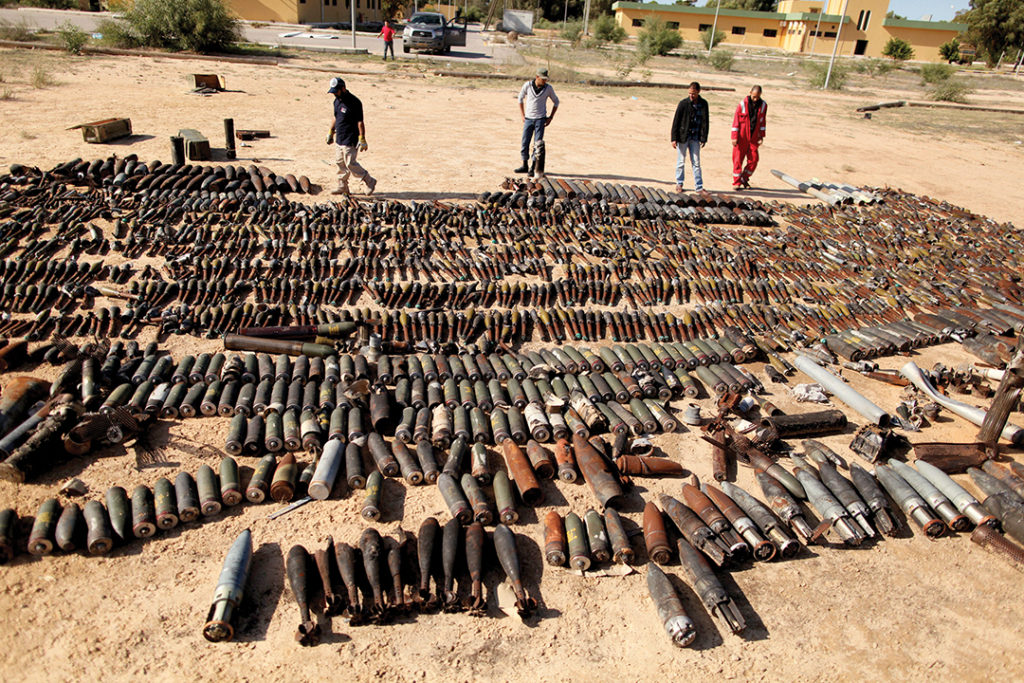U.S. Africa Command Staff
A weak point anywhere can create problems everywhere. This is the lesson of Libya. Since 2011, the North African nation has become a haven for extremists, a thoroughfare for drugs and a launching point for migrants.
Some of the profits from these crimes ended up in the hands of ISIS, which “taxes” contraband and human trafficking. Weapons looted from Libya’s depots have spread across the Sahel and fueled conflict. The exploitation of the poor by human traffickers and international crime syndicates contributes to instability, corruption and lawlessness.
As Libya tries to restore order, it offers a valuable reminder to security professionals everywhere: Work with your neighbors. In an interconnected world, the failed state next door can quickly take down the entire neighborhood.
African security professionals are realizing that sharing resources and intelligence is the only solution to transnational crime. In East and Southern Africa, 22 countries joined in 2016 for Operation Usalama, which put away 4,500 criminals in 48 hours. In West Africa, countries are setting up Transnational Crime Units to coordinate enforcement, exchange information, and gather intelligence internally and across borders.
These partnerships help countries build trust and see the value in sharing information to dismantle criminal networks that span continents. African police chiefs are making progress in creating “Afripol,” a continental nerve center to coordinate actions against cross-border criminal threats.
Libya may be the worst-case scenario, but it is far from unique. Areas of lawlessness exist throughout the continent in bustling cities and at desert outposts the state cannot reach. It is the responsibility of Africa’s security professionals to unite to deny criminals these safe havens. Libya has shown us all that, when it comes to transnational crime, there is no such thing as “someone else’s problem.”

